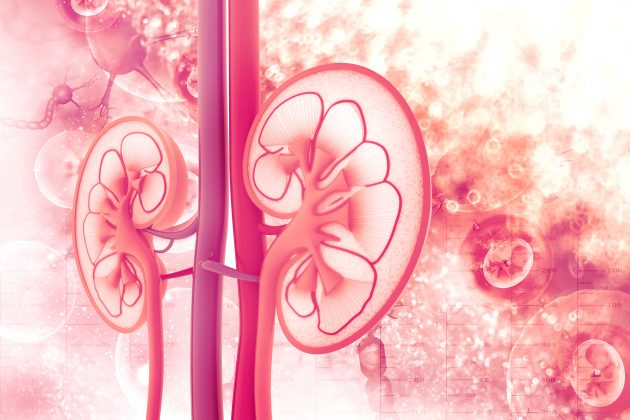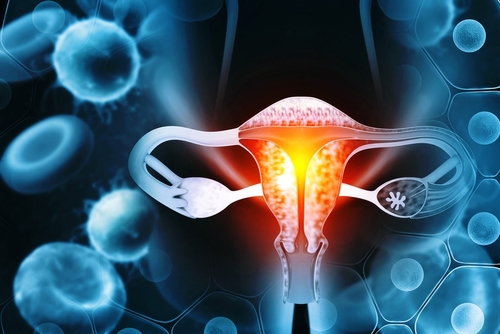Approximately one billion individuals worldwide are affected by iron deficiency anemia (IDA), and there is a particularly high prevalence among patients with chronic kidney disease (CKD) and end-stage kidney disease (ESKD), including recipients of kidney transplant.
There is a strong association between ID following kidney transplantation and an increased risk of mortality. The association is independent of co-existing anemia, which suggests a specific pathogenic role for ID in kidney transplantation.
Varied causes, including inflammation, medication, and an increased need for iron following kidney transplantation, may contribute to ID in kidney transplant recipients. Results of previous studies have suggested a pivotal role for iron as a regulator of the immune system; however, according to Joanna Sophia J. Vinke, and colleagues, there are few data available on the impact of ID on the immune system in kidney transplant recipients.
Furthermore, clinical trials have shown that in patients with CKD or heart failure, correction of ID, with or without anemia, improves the capacity to exercise, improves quality of life, and may improve survival. ID may prove to be a modifiable risk factor to improve patient and graft outcomes in kidney transplant recipients.
The researchers conducted a review that discussed the definition, prevalence, and clinical impact of ID after kidney transplantation, as well as potential underlying pathophysiological pathways and possible areas for future study. The review was reported online in Nephrology Dialysis Transplantation [doi:10.1093/ndt/gfaa123].
Credit: Original article published here.










